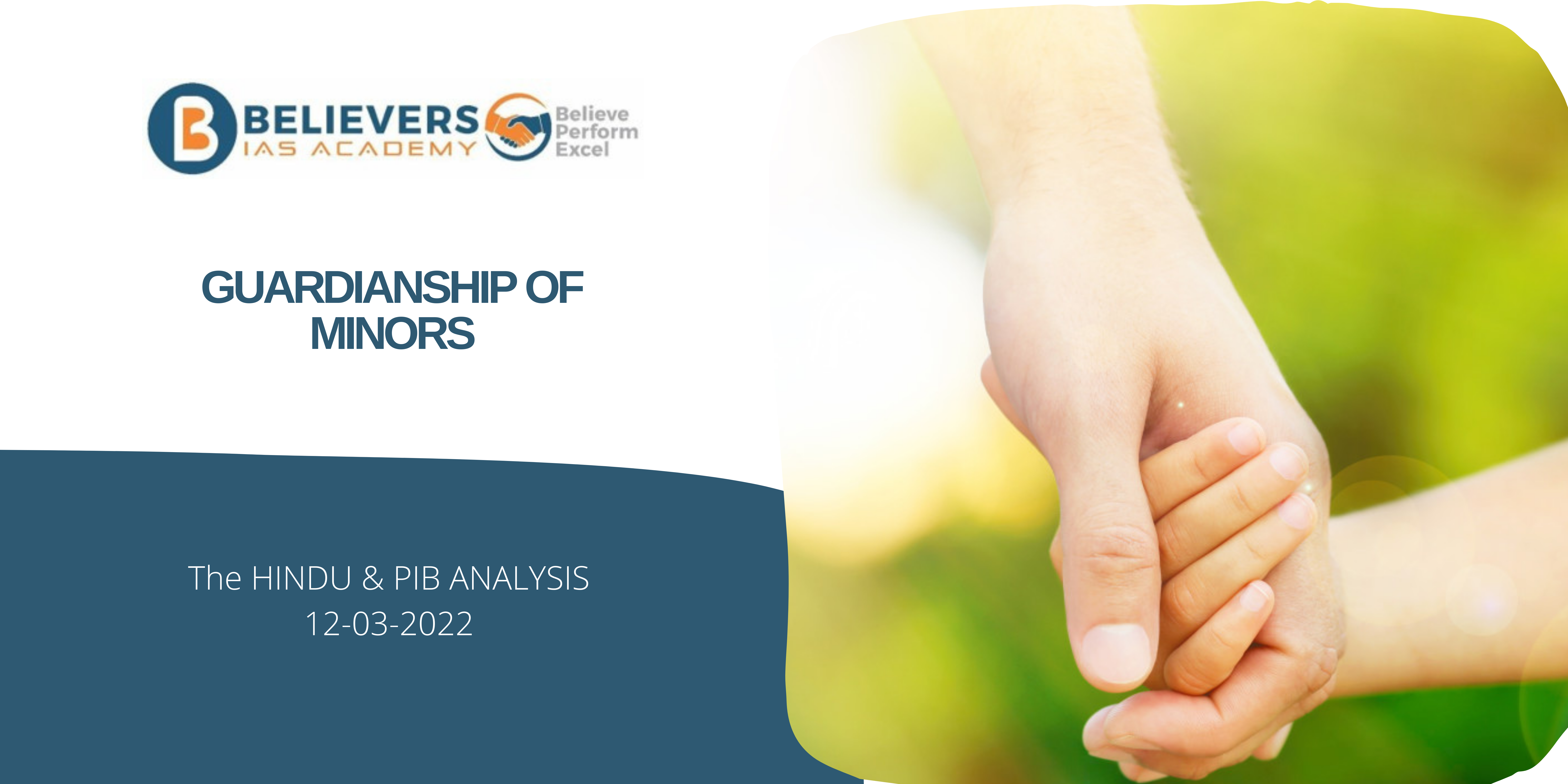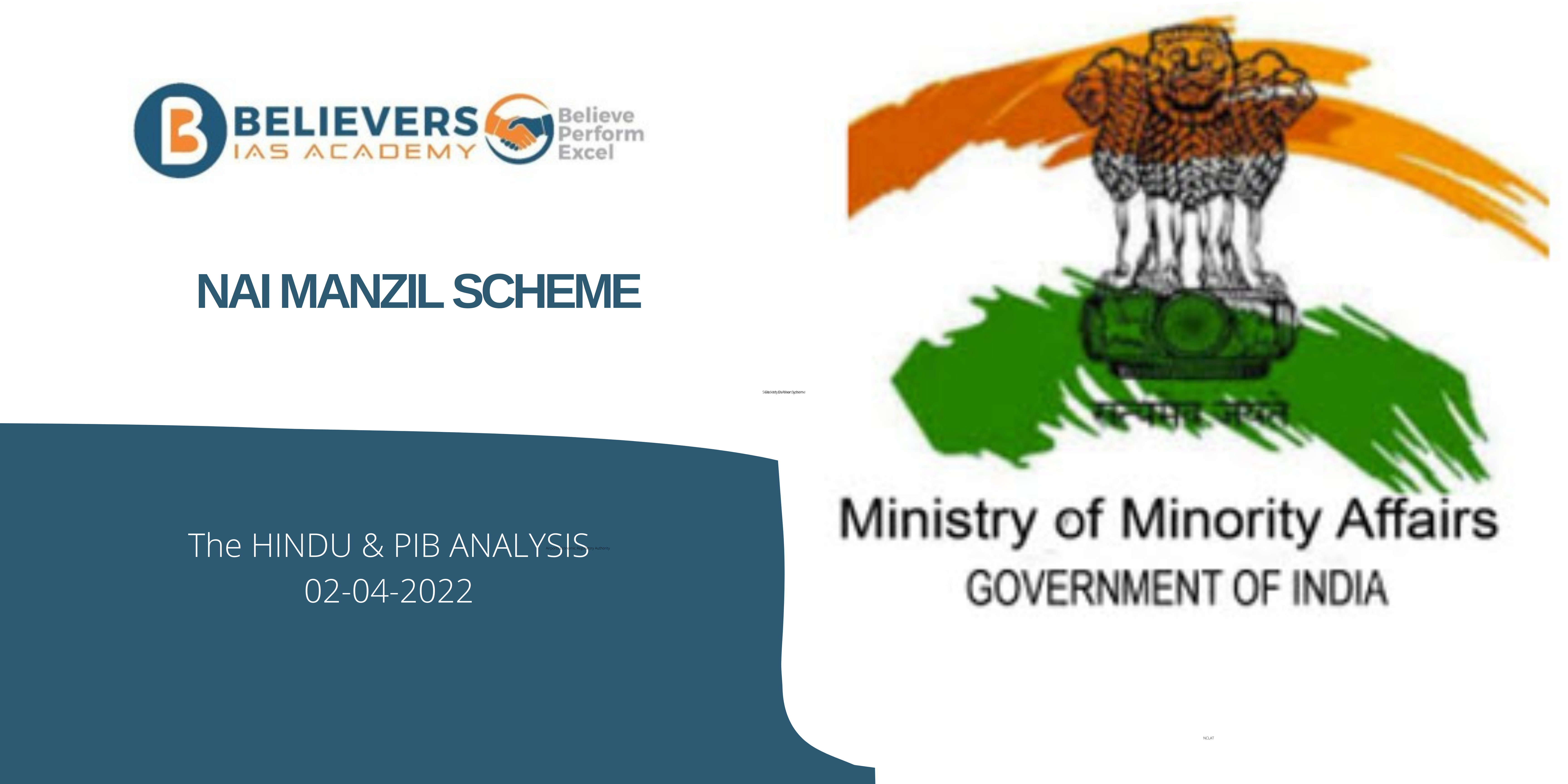Guardianship of Minors
Context:
• In 2016, the Ministry of External Affairs changed its rules for issuing passports. Similarly, in 2018, the Central Board of Direct Taxes amended Income Tax Rules, so that the father’s name was not mandatory when a mother was a single parent.
• Under the Hindu Minority and Guardianship Act, the natural guardian of a Hindu minor is the father, and after him, the mother.
Background:
• In December, 2016, the Ministry of External Affairs liberalised its rules for the issuance of passports and took a number of steps.
• Certain changes were made following the recommendations of a three-member committee comprising of the Ministry of External Affairs and the Ministry of Women and Child Development that examined various concerns pertaining to passports for children after a divorce or in case of adoptions. Following the changes, applicants could provide the name of either parent instead of providing details of both the father and mother.
• The new passport application form also does not require the applicant to provide the name of her or his spouse when they are divorced and neither are they required to provide the divorce decree.
• Similarly, in November 2018, the Central Board of Direct Taxes amended Income Tax Rules, 1962, so that the father’s name was not mandatory when a mother was a single parent. The new PAN application form also seeks the mother’s name alongside the father’s. Applicants can also choose whether they want their father’s name on the PAN card or their mother’s name.
How does Indian Law deal with it?
• Indian laws accord superiority to the father in case of guardianship of a minor.
• The Muslim Personal Law (Shariat) Application Act, 1937 says that the Shariat or the religious law will apply in case of guardianship according to which the father is the natural guardian, but custody vests with the mother until the son reaches the age of seven and the daughter reaches puberty though the father’s right to general supervision and control exists.
• The concept of Hizanat in Muslim law states that the welfare of the child is above all else.
• This is the reason why Muslim law gives preference to the mother over father in the matter of custody of children in their tender years.
• Experts say that though courts may tend to grant custody of a child following marital dispute to the mother, guardianship rests primarily with the father in the law and this contradiction highlights that mothers are perceived as caregivers, but not as decision makers for children.
Important Judgements:
• The Supreme Court’s landmark judgment in Githa Hariharan v. Reserve Bank of India in 1999 provides partial relief.
• In this case, the HMGA was challenged for violating the guarantee of equality of sexes under Article 14 of the Constitution of India and the court held that the term “after” should not be taken to mean “after the lifetime of the father “, but rather “in the absence of the father”.
• But the judgment failed to recognise both parents as equal guardians, subordinating a mother’s role to that of the father. Though the judgment sets a precedent for courts, it has not led to an amendment to the HMGA.
Source: THE HINDU.




